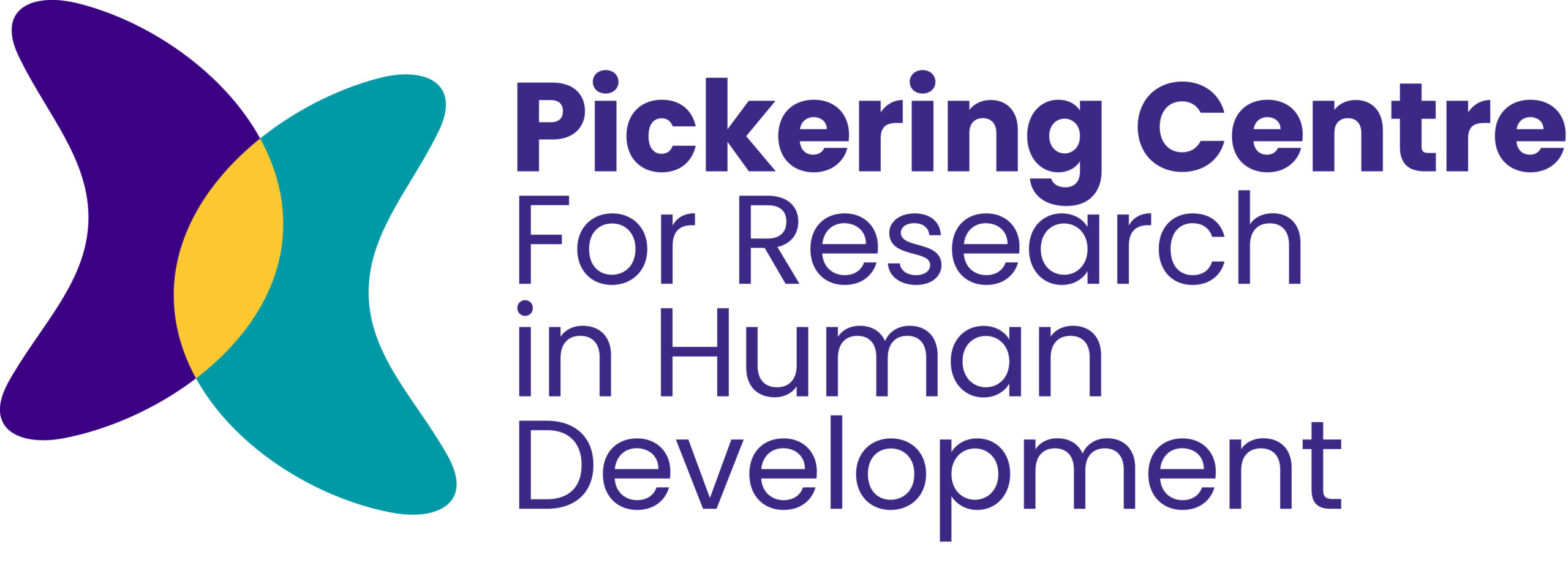Journal of Research on Adolescence
Call for papers: Positive Youth Development in the Majority World
Journal of Research on Adolescence
Editor: Su Yeong Kim
Special Issue Editors: Bin-Bin Chen, PhD; Yang Qu, PhD; Lixian Cui, PhD
Abstract submission: July 31, 2025
Full manuscript submission: January 31, 2026
Important Dates:
Call for Special Issue: April 30, 2025
Abstract submission: July 31, 2025
Special Issue editors notify authors to submit full manuscript: August 31, 2025
Full manuscript submission: January 31, 2026
Initial manuscript decisions (after peer-review): April 30, 2026
Revised manuscript submission: July 31, 2026
Final decision on manuscript: October 31, 2026
Special Issue published: December 31, 2026
Background
Positive Youth Development (PYD) has emerged as a transformative framework in developmental science, emphasizing the positive aspects of various developmental dimensions among young people (Burkhard et al., 2022; Dimitrova & Wiium, 2021). Recent advances in PYD research highlight the importance of a holistic approach that addresses risk factors and cultivates resilience, well-being, social engagement and contribution (Lerner et al., 2021). However, it should be noted that the vast majority—around 85%—of the world’s adolescents live in regions including Africa, Asia, the Middle East, and Latin America, yet their lived experiences are often underrepresented in academic discourse. These adolescents grow up in a wide range of cultural, social, political, economic, educational, and healthcare environments, all of which play roles in youth positive development. Perspectives from the Majority World offer valuable insights to advance our understanding of the multifaceted nature of youth development in the world. For this special issue, we are particularly interested in explorations to understand how individual and environmental factors support or hinder PYD and how PYD promotes developmental outcomes in adulthood from a cultural lens. We are also interested in studies adopting rigorous and innovative methodologies, moving beyond traditional survey-based designs.
Aims of Special Issue
We seek empirical articles that potentially:
-
adapt the existing PYD models (e.g., the 5Cs, the developmental assets model) established in Western societies (e.g., North American) to a specific context in the Majority World;
-
develop new models of positive development for youth growing in specific cultural settings;
-
examine how culture-specific individual (e.g., spirituality, racial identity) and environmental variables (e.g., youth living under conditions of social unrest, war, or environmental calamities) may facilitate or inhibit the development of PYD;
-
examine how PYD is related to a variety of other developmental outcomes (e.g., community engagement and contribution, and mental health)
-
develop or adapt culturally sensitive assessments to more accurately capture PYD in a specific context
-
employ rigorous methodologies to study PYD, such as longitudinal designs, experimental designs, and intervention studies
-
look beyond nuclear familial environment to examine PYD in extended families, school settings, and digital environments
Details for Submission
All abstract information must be submitted through the Google form below:
-
Title
-
Author’s names, emails, affiliations
-
Abstract and abstract guidelines ((include a brief description of the introduction, methods, and preliminary results (up to 1 single-spaced page of main text, up to 1 page of references, 1-2 tables or figures))
-
Provie a brief literature review, gaps in existing literature that form the rationale for your study, study aims and research questions; an overview of the method including participants, data sources, measures and procedure as relevant; and describe major findings. Please ensure that you describe how 1) your research questions and 2) research methods used to address those questions are relevant to adolescents and the special issue topic; 3) provide information about sociocultural, political, economic, educational contexts in which adolescents are embedded, and 4) discuss and interpret your findings from a cultural asset rather than a deficit framework
-
Provide a one-paragraph argument that explains how your study fits with the Special Issue Call
-
Provide a researcher reflexivity statement where you describe the positionality of authors
All inquiries can be emailed to [jrapositiveyouth@gmail.com]. Abstracts must be submitted through Google form https://forms.gle/94Z37kNTNc2NszNJ7 by July 31, 2025 to be considered.
